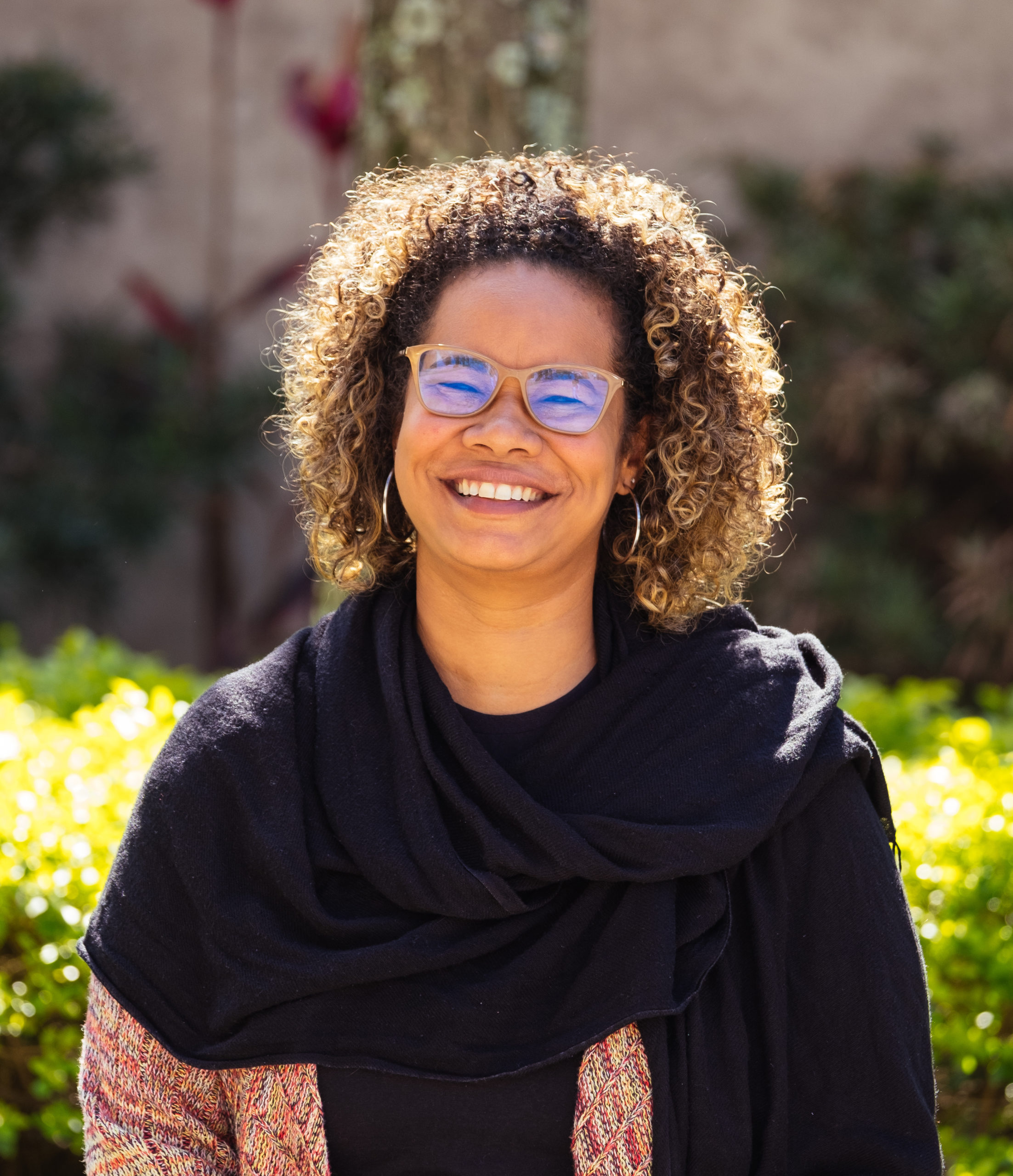 *Per Flavia Roberta Freitas
*Per Flavia Roberta Freitas
Are we doing enough to encourage women to explore and adopt the Science, Engineering, Technology and Mathematics (STEM) professions? And if not, what can we do to help women succeed in education and the STEM workforce?
These are some of the questions we should always and especially ask during the month of March, when we celebrate International Women's Day. There's a lot of room for improvement, of course. In Latin America and the Caribbean, women represent 35% of students studying science, technology, engineering and mathematics, according to UN Women[1].
As we teach STEM concepts and make this information easily accessible and engaging, we need to simultaneously help young women see themselves as professionals in these fields. This requires mentoring combined with on-the-job experiences such as internships and training. To make this possible, there needs to be deeper collaboration between the public, private and not-for-profit sectors.
IBM is committed to empowering 30 million people worldwide by 2030, and women need to be well represented in that number. A more diverse STEM workforce, with greater representation of women, will be more creative, cohesive and fruitful. And more trained professionals can fill the persistent skills gap that has left many jobs in science, engineering, technology and math unfilled.
So what might some of these initiatives look like?
There are several approaches. At an early level, it might resemble something IBM is doing in Latin America. We partnered with Junior Achievement Americas to provide IBM SkillsBuild and company mentors to train women in web development and programming careers. Also in the region, we are working with the Laboratoria to boost knowledge about data analytics. The program is focused on providing participants with an understanding of the key skills – both technical knowledge and soft skills – for the Junior Data Analyst position through a hands-on learning experience where students work collaboratively on case projects. real business.
Additionally, in Mexico, IBM volunteers collaborate with the Ministry of Finance and Public Credit on a program for women entrepreneurs of all ages to develop digital, business and technology skills such as programming and analytics. The facilitators, trained by IBM volunteers, have trained nearly 20,000 students to date. Women who took IBM-developed courses increased their Internet sales revenue by 270%. And nearly 40% of subscribers managed to turn their side business into their main source of income. 70% became familiar with programming languages, 62% said they now believe programming is easier than they thought, and 68% said they would like to continue learning more about technology.
These are remarkable results and sharing these success stories is part of the inspiration and celebration inherent in Women's Month. It is also an important time when we can reflect and plan for even more successes for women in the years to come. STEM-related knowledge and careers offer women a unique opportunity for social and economic equality, and it’s up to all of us – including male allies, businesses, governments and nonprofits – to continue to empower women every day of the year.
*Flávia Roberta Freitas, Head Corporate Social Responsibility IBM Latin America
Notice: The opinion presented in this article is the responsibility of its author and not of ABES - Brazilian Association of Software Companies












